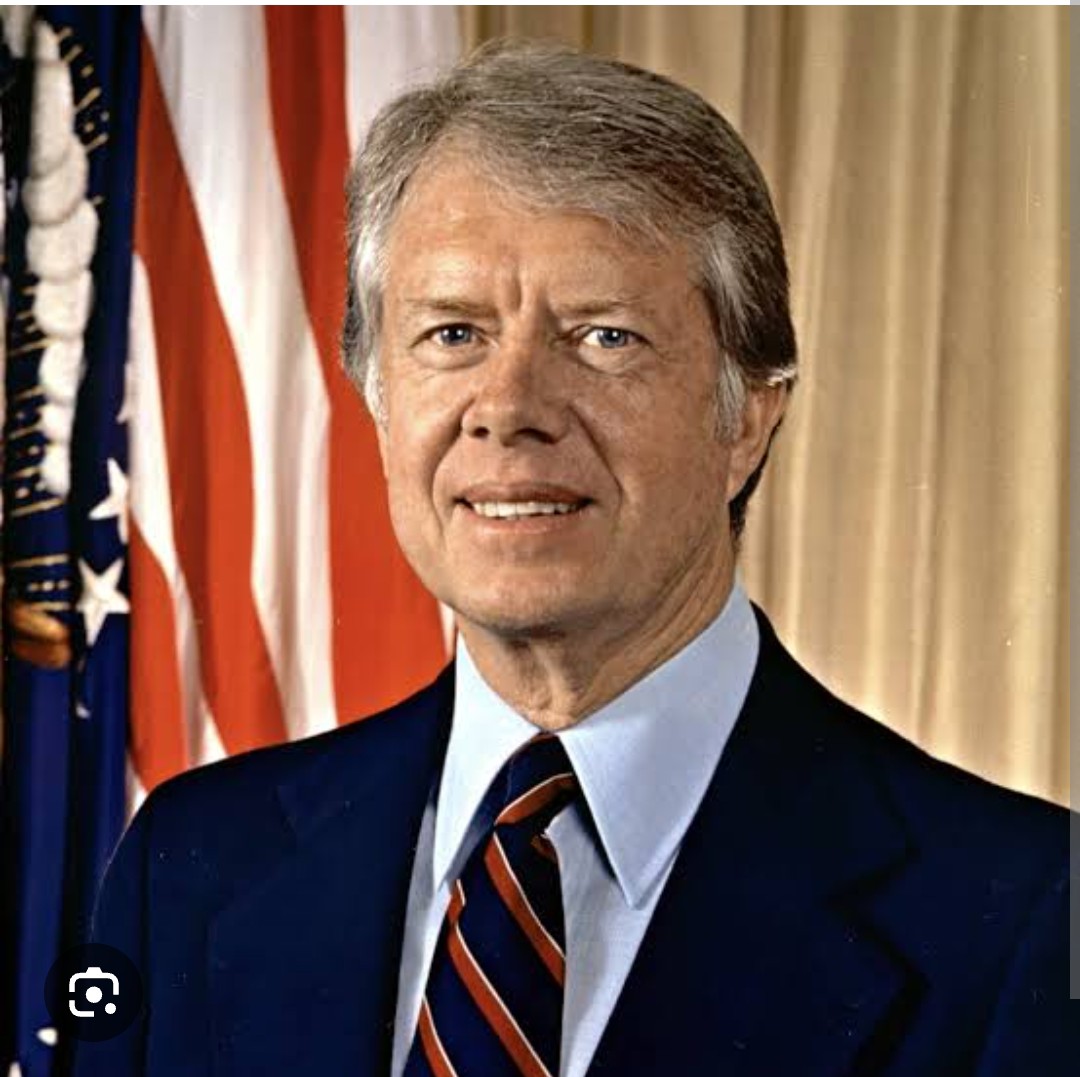Jimmy Carter’s 100-year journey was more than a story of political achievements and humanitarian efforts—it was a testament to the transformative power of education in all its forms. From his early days as a farmer to his time in the Oval Office and his extraordinary post-presidency, Carter exemplified the idea that education extends beyond formal schooling and into a lifelong pursuit of growth, service, and impact.
Carter’s presidency (1977–1981) was a masterclass in leadership shaped by lessons from his rural upbringing and Naval service. His efforts to broker the Camp David Accords not only resolved one of the 20th century’s most entrenched conflicts but also illustrated the importance of empathy, negotiation, and understanding—all foundational principles in education.
Beyond political strategies, Carter prioritized energy conservation and environmental education, establishing the Department of Energy and advocating for sustainable practices. These initiatives were not just policies; they were efforts to educate the nation on the importance of preparing for a changing world.
After leaving the White House, Carter turned his life into a classroom for humanity. Through The Carter Center, he taught the world how focused effort can tackle monumental challenges. The eradication of Guinea worm disease, election monitoring in over 100 countries, and peace initiatives became lessons in resilience, collaboration, and global citizenship.
Carter’s hands-on approach, particularly his work with Habitat for Humanity, served as a living example of education through service. Each hammer stroke and brick laid was a quiet lecture on the dignity of labor and the power of collective action.
Carter’s global outreach emphasized education’s role in fostering understanding and cooperation. By addressing systemic issues such as poverty, disease, and conflict, he highlighted the interconnectedness of the world and the need for education systems to prepare students as global citizens.
His legacy challenges schools and institutions to go beyond local concerns, instilling values of empathy, problem-solving, and cross-cultural awareness. Carter’s work reminds educators of the importance of teaching students to see themselves as part of a larger, shared human story.
Carter’s life is a powerful narrative on the importance of lifelong learning. Despite his advanced age, he continued to contribute to society, adapt to new challenges, and inspire others. His actions underscore that education does not end with a diploma; it evolves through experiences, relationships, and purposeful living.
This concept of lifelong learning is critical for today’s students and professionals, who must navigate an ever-changing world. Carter’s example serves as a reminder that the most meaningful education often comes from curiosity, humility, and a commitment to bettering the lives of others.
As we reflect on Jimmy Carter’s extraordinary life, his contributions transcend politics and humanitarian work—they form a blueprint for education that prioritizes service, humility, and global awareness.
For educators, his story is a call to action to cultivate these values in classrooms and beyond. For students, it’s a reminder that the pursuit of knowledge and service can lead to transformative change. Jimmy Carter taught us that the world is both a classroom and a canvas, and his legacy will continue to inspire generations to learn, serve, and grow.












